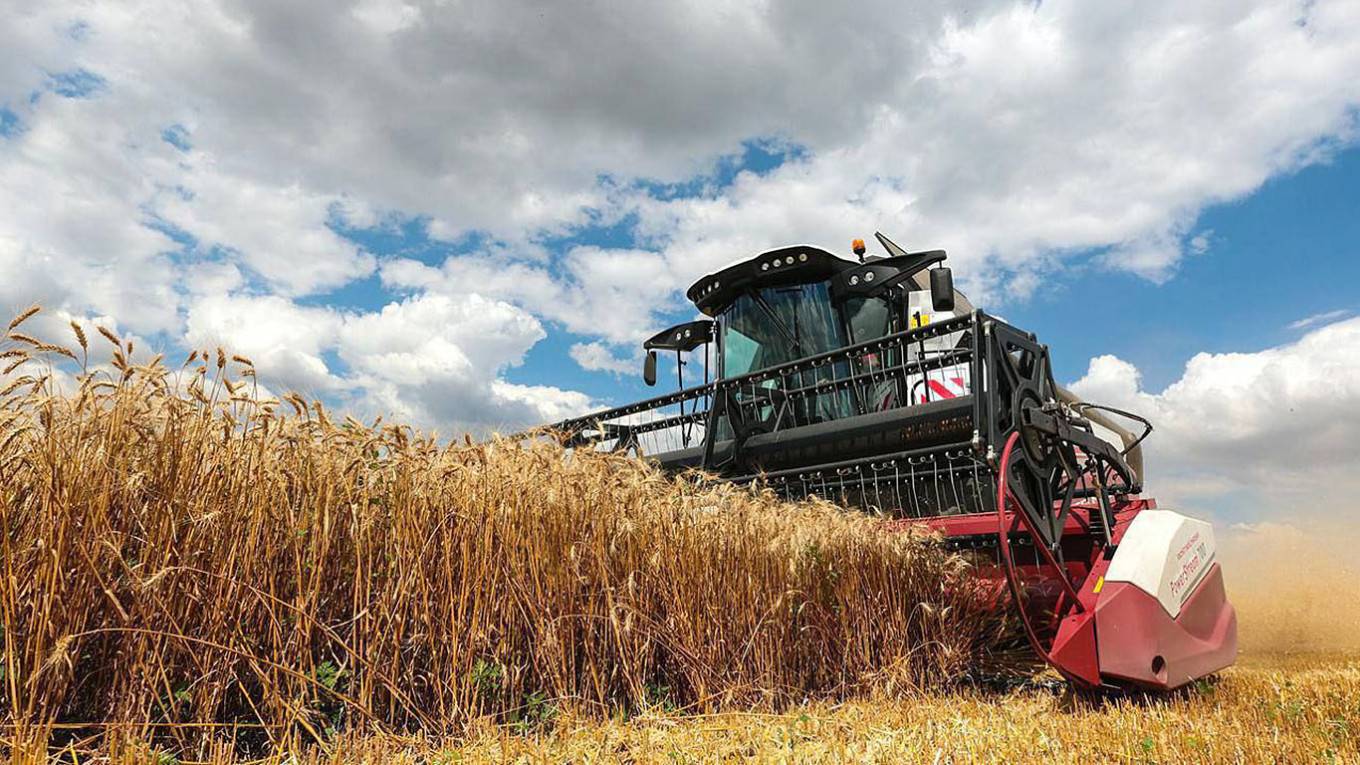The Rostov region in southern Russia, contributing nearly 10% of the country’s wheat production, has officially declared a federal-level agricultural emergency following severe spring frosts and the worst summer drought in years.
This declaration allows farmers to access government support and indicates that anticipated harvest yields may not be achieved.
On Saturday, Governor Yury Slyusar of the Rostov region shared on Telegram that he had engaged in detailed discussions regarding the situation with President Vladimir Putin and Agriculture Minister Oksana Lut at a high level.
Slyusar noted that the immediate outcome of this federal emergency declaration includes raising the limits on preferential loans, while the next hurdle would involve extending the nearly 300 existing loans for local farms.
According to government estimates, the extreme weather this year has harmed or annihilated approximately 1 million hectares (2.5 million acres) of crops in the Rostov region, with federal authorities assessing the financial damages at 4 billion rubles (around $48.2 million).
A frost-related emergency measure has been active in certain parts of the Rostov region since May, and a drought-related emergency was declared in June.
Local officials are bracing for the smallest harvest in a decade for the Rostov region, with projected yields possibly decreasing by 20% compared to the previous year.
It is anticipated that the Rostov region will lose its status as Russia’s leading wheat-producing area to the adjacent Stavropol region for the first time since 2015, as reported by the consultancy Sovecon in Reuters.
Climate scientists note that the prevalence and severity of droughts worldwide are escalating due to the combustion of fossil fuels and other human activities that emit greenhouse gases.

